Brakes
Premature pad/rotor wear, pulsation or vibration, antilock system, parking brake, master cylinder, calipers, squeaking, brake failure, regenerative braking.
What Owners Say
"This vehicle is noisy and does not drive smoothly. It is a boxy truck."
Anonymous A., TX (2020 Nissan Altima Platinum 2.5-L 4 Cyl)


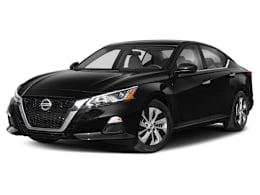
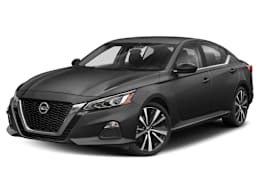
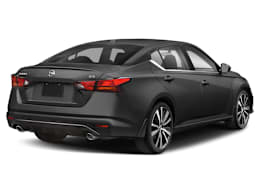
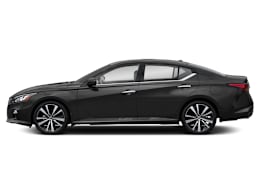
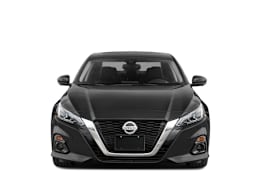
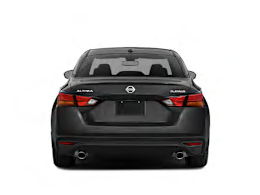
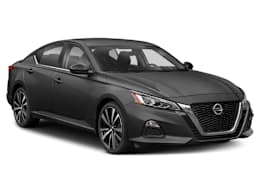
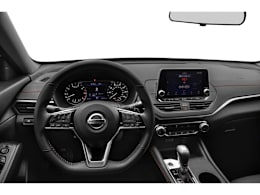

"It;s noisy with squeaking rattling and wind noise"
Anonymous A., TX (2020 Nissan Altima Platinum 2.5-L 4 Cyl)